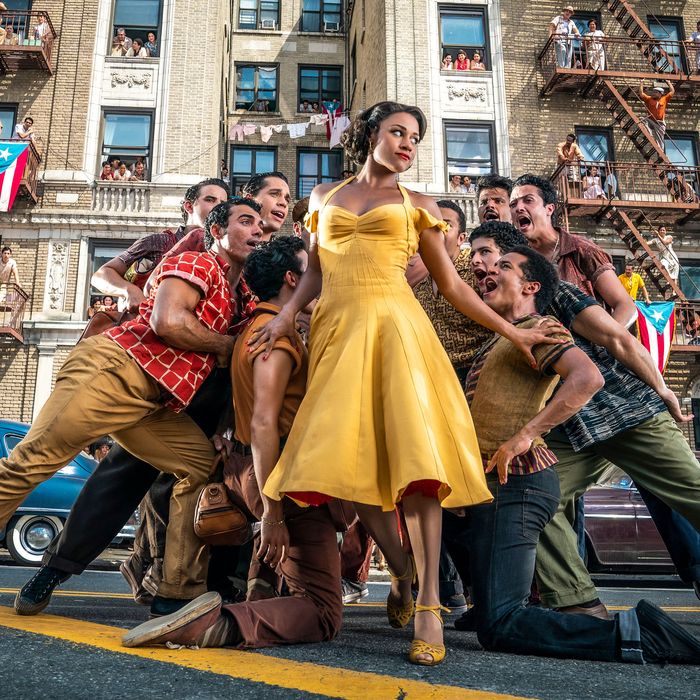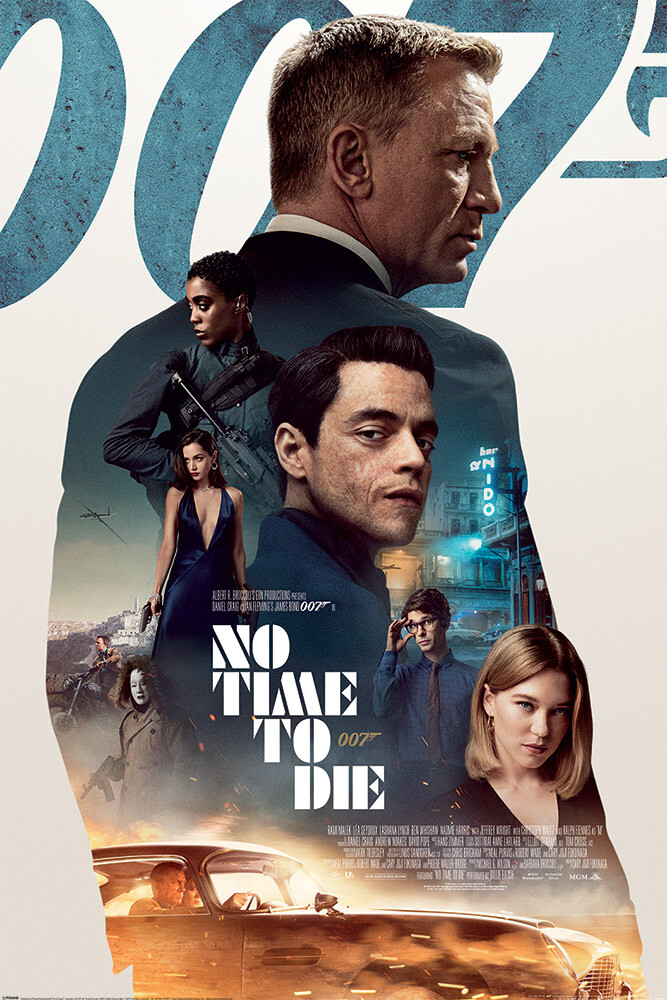When I was in grade school, I had a crush on a girl in my class. I learned that she rode horses down at stables about 3 or 4 miles from my house. Such was my infatuation, and obviously unable to share my feelings in the unforgiving world of Catholic grade school, during the school year on the weekends, I would regularly take my bike down to where the stables were, an area completely unfamiliar to me in Rock Creek Park D.C., on the minor chance that I might see her. As a testament to my persistence, this behavior continued into the summer months. I never did see her, but I never lost hope, and I met scads of other people in my travels and got into many adventures.
Paul Thomas Anderson’s Licorice Pizza is a nostalgic delight, and watching the movie, I felt the feelings of that time. Not only did it touch this old crusty heart and its buried 5th grade crush, but it also evoked the freedom I had in the 1970s. I could do pretty much anything. My parents were tangential to my daily life. I was an unsupervised Huck Finn, floating from place to place and not expected to be seen until dinner time, if then.
I recently got together with a friend of mine (he was one of thirteen kids, I was one of five), someone who I grew up with through grade school and high school, and we were laughing about the stupid stuff that we did as rudderless vagabonds. One thing seems small, but if it occurred today, it would probably involve investigations, the police, and the local news jamming a camera in some guy’s face as he was hustled, handcuffed, to the paddy wagon.
My friend and I would regularly walk the streets and in to schools and buildings and any old place that had an open door (we’d also dig through trash, searching for the Holy Grail of a Playboy magazine or something cooler). As we ambled into one church school, we met a janitor, and we just started to walk around with him. We returned the next day and then most late afternoons to help him clean up, and then he would buy us a Coke or a candy bar from the machine. We didn’t know him and he seemed like a bit of a hippie. He didn’t think to say, “Get out of here, this is my job.” He was a pretty nice guy and there were no shenanigans. And for the life of me, I can’t remember why we stopped, but we probably just moved onto the next thing.
But that was standard. I had other grade school friends who would sing with me in front of the Hamburger Hamlet – and none of us could sing – hoping someone would throw us change. When one of their streets was blocked off for a traffic rerouting, at night, we would drape our bodies over the barricades as if we had been murdered, just to get people out of their cars when they hit the dead end. Stupid stuff, pre-booze. You were on your own and unfettered with no one to evaluate the logic or wisdom of your choices.
Licorice Pizza brought those days back. We are introduced to 15 year old child actor Gary Valentine (Cooper Hoffman) and 25 year old Alana Kane (Alana Haim), both of whom live in Southern California in the era of the oil embargo. Valentine is a minor celebrity, but his acting star is waning as he develops into the ungainly teen in all of us. He is, however, nothing if not persistent (he winningly describes himself as a “song and dance man”), and soon, after establishing a connection he believes is true love with Alana, he establishes a waterbed business and then a pinball palace, all with a troupe of young acolytes, including his brother, and mainly with the participation, if not direction, of Alana.
Theirs is a beautiful love story, mostly unrequited, with both protagonists suffering the pain of watching the other flirt or more with others. Gary is a mature 15-year-old, a fiercely independent romantic who loves Alana and at the outset, has no problem saying it. Alana is an immature young woman, constantly beleaguered by her surroundings and her family, who fiercely fights the fact that she is bound to Gary. When you see them hurt each other, and Thomas Anderson subtly places you in the frame, you watch their expressions when they see the other with someone else. Again, I was transported to my youth. I felt the pain when someone you really “loved” in grade school or high school hurt you, almost assuredly unconsciously, but sometimes, with purpose. Your armor wasn’t there, your “cool” undeveloped. It stung. A scene where Gary calls Alana knowing that she has been out on a date with his older friend, where his breathing communicates his anguish, is a beautiful and piercing reminder.
The film is a joy. A breezy, journey through 1973 Southern California, where Alana and Gary come to terms with their attraction, while essentially getting into adventures, including not only the aforementioned businesses, but run-ins with, of all people, Hollywood producer and former Barbra Streisand boyfriend Jon Peters (Bradley Cooper, demolishing his scenes) and who appears to be a very close facsimile to William Holden, Jack Holden (Sean Penn) (the film’s Jack Holden starred in the film The Bridges at Toko-San rather than The Bridges at Toko-Ri).
The look of the film is so spot on your jaw drops. Little things, like the old fancy neighborhood restaurant and pub, The Tale o’ the Cock, feel exactly like the restaurants and bars that populated my old neighborhood growing up, and I did not grow up in the San Fernando Valley. The dark wood, the wine bottle glass windows, the lattice. Perfect.
The performances are relentlessly good. Hoffman, the son of the late Philip Seymour Hoffman, has a presence that you could see in his father as early as Scent of a Woman and Nobody’s Fool. Haim, a member of the band Haim, it’s so raw and natural it may be difficult for her to expand. I’m just having difficulty seeing her in another role.
tt’s almost inconceivable, but this is the first film role for both actors.
The best film of the year and one of the best I’ve seen in some time.





